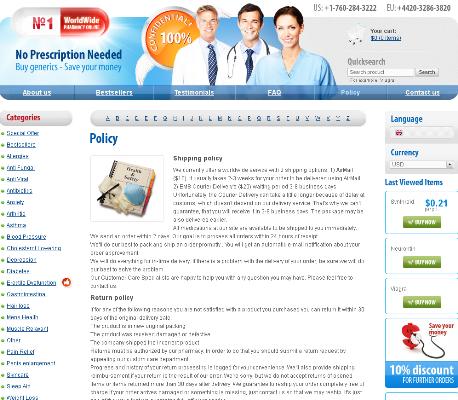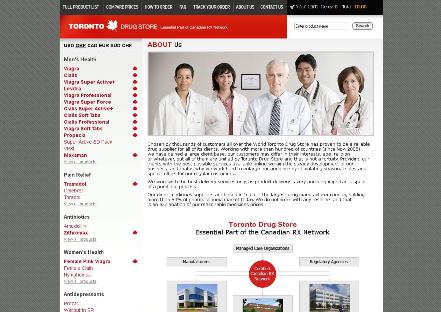Augmentin and Antibiotic Resistance: What to Know
How Augmentin Fights Bacterial Infections Effectively
Augmentin is a powerful ally in beating bacterial infections. This combination medicine blends amoxicillin, a popular antibiotic, with clavulanic acid, which blocks bacteria’s clever defense mechanisms. Together, they can target strains that ordinary antibiotics struggle to defeat.
When bacteria develop enzymes called beta-lactamases, they can neutralize many standard penicillins. Clavulanic acid in Augmentin neutralizes these enzymes, giving amoxicillin a clear path to attack the bacteria.
This dynamic partnership broadens Augmentin’s effectiveness, making it suitable for a variety of stubborn infections that might not respond to other treatments. Because of this power, doctors might choose Augmentin when simpler antibiotics have failed.
| Component | Role |
|---|---|
| Amoxicillin | Kills bacterial cells |
| Clavulanic Acid | Blocks bacterial resistance enzymes |
Understanding How Antibiotic Resistance Develops over Time

Imagine a world where common infections become difficult or even impossible to treat. This troubling scenario starts when bacteria adapt and find ways to survive despite exposure to antibiotics like Augmentin. Each time someone uses antibiotics unnecessarily or incorrectly, bacteria have a chance to evolve protective strategies.
As time passes, these resilient bacteria multiply and spread. The antibiotics that were once effective lose their power, and treatment options become limited. This subtle shift can happen without noticeable warning signs, making prevention essential.
Global health experts warn that antibiotic resistance is a silent crisis driven by misuse and overuse of medications. By understanding how bacteria change in response to drugs such as Augmentin, individuals and healthcare providers can make informed choices. This collective responsibility helps slow the march of resistant bacteria and preserves treatment effectiveness for the future.
Why Misusing Augmentin Can Be Dangerous
Imagine reaching for augmentin at the first sign of a sore throat, believing it will bring swift relief. While tempting, this habit can create more problems than it solves. Overusing augmentin exposes bacteria to the drug more frequently, allowing them to adapt and become resistant. Over time, these superbugs learn how to survive, making future infections harder to treat.
Taking augmentin when it isn’t needed, or not finishing the prescribed course, gives bacteria opportunities to survive and multiply. This not only puts your health at risk but can also contribute to the spread of resistant bacteria to others in your community. When augmentin can no longer defeat common infections, even routine illnesses may become serious threats.
Ultimately, the careless use of augmentin erodes its effectiveness, endangering public health and medical progress.
Common Signs of Antibiotic Resistance in Daily Life

Imagine you’re taking Augmentin as prescribed, but your infection doesn’t improve as expected. This can be frustrating, and it’s sometimes a red flag. When antibiotics like Augmentin fail to work, it might mean the bacteria have adapted and become resistant. People may notice that symptoms linger longer or return shortly after finishing a course of antibiotics, even if they previously worked.
Sometimes, a simple cold or sore throat seems harder to shake or leads to repeated doctor visits. Needing stronger medications or switching antibiotics more frequently can also suggest developing resistance. Seeking medical advice is critical when standard treatments no longer have the desired effect.
Tips for Using Augmentin Responsibly and Safely
Imagine receiving a prescription for augmentin and feeling hopeful about a swift recovery. While it’s tempting to halt the medication as soon as you feel better, doing so can encourage resistant bacteria to flourish. Always complete your prescribed course, even if symptoms vanish early, to ensure all harmful bacteria are eliminated. Never share augmentin with others or use leftover antibiotics—it seems helpful, but this practice risks incomplete treatment or, worse, promotes resistance.
Consult your doctor before starting any antibiotic, and avoid pressuring for one if you have a viral illness. Keeping a record of any allergic reactions or side effects helps your healthcare provider make the safest choices. Used properly, augmentin remains a powerful ally against infection. The table below summarizes safe-use tips:
| Tip | Why It Matters |
|---|---|
| Finish entire course | Prevents survivor bacteria and resistance |
| Avoid sharing/leftovers | Reduces incorrect dosing and misuse |
| Report side effects | Ensures ongoing safety and effectiveness |
Current Innovations in Combating Antibiotic Resistance
Scientists are racing to outsmart resistant bacteria, exploring new antibiotics and even turning to engineered viruses, known as phage therapy, to target stubborn infections. Some researchers focus on boosting the immune system with innovative vaccines, helping bodies fend off germs before they take hold. Others design “antibiotic adjuvants” that supercharge older drugs, making them effective again. Technologies using rapid genetic testing now quickly identify resistant bacteria, letting doctors prescribe the right medicine faster, protecting both patients and the wider community.

